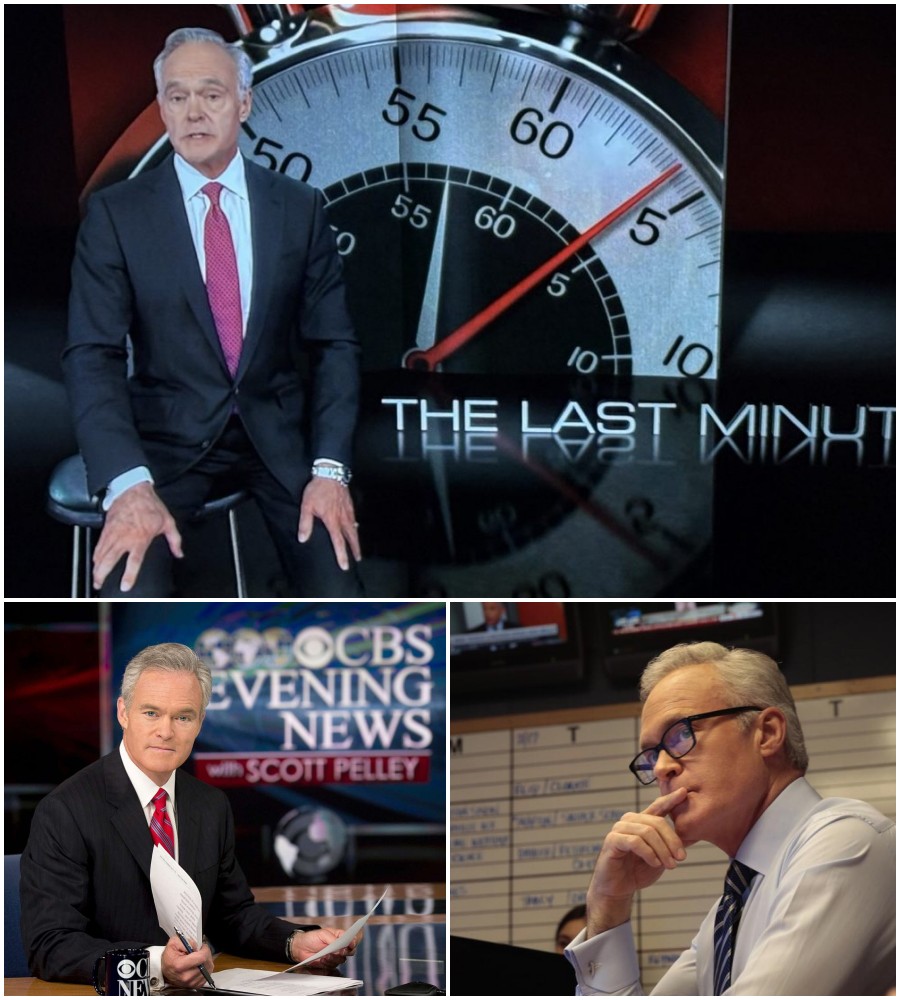Scott Pelley, one of America’s most respected broadcast journalists and a longtime correspondent for CBS News, has officially announced his departure from the network. His exit marks the close of a remarkable chapter in modern journalism — but it’s his candid remarks on the way out that have sparked serious conversation across the media industry. Declaring, “I won’t stay silent,” Pelley pulled back the curtain on what he describes as deep-seated internal problems within CBS, raising questions about editorial independence, corporate influence, and the state of broadcast journalism itself.
The Truth Behind Scott Pelley’s Departure from CBS
Pelley’s resignation is more than just a career move — it’s a statement. In his announcement, the veteran journalist expressed growing concern over the network’s internal direction, suggesting that the very values CBS once stood for are now under strain. His decision to speak publicly underscores how strongly he feels about these challenges — and how urgent he believes it is for both the industry and the public to pay attention.
Throughout his distinguished career, Pelley has been synonymous with integrity, objectivity, and a commitment to factual reporting. Yet, his remarks paint a sobering picture of a newsroom where those principles are increasingly difficult to uphold. While he refrained from detailing every issue, the implication is clear: corporate priorities and commercial pressures may be eroding the editorial independence that once defined CBS News.
Inside the “Troubling Internal Issues” Pelley Exposed
Pelley’s revelation touches on several core areas of concern that reflect the wider struggle facing today’s news organizations:
- Editorial Independence:
Pelley hinted that management and corporate stakeholders may be exerting growing influence over editorial content, threatening the newsroom’s ability to report without bias or outside pressure. - Corporate Pressures:
Like many networks, CBS is caught between journalistic ideals and the bottom line. The pursuit of ratings and revenue, Pelley suggested, has increasingly come at the expense of serious investigative reporting. - Workplace Culture:
Although he did not go into detail, his tone indicated that morale and internal cohesion may have suffered — a potential reflection of friction between journalists and executives. - Adapting to a Changing Media Landscape:
As audiences shift toward digital platforms and on-demand content, traditional networks have been forced to evolve quickly. Pelley’s comments suggest that, in the rush to modernize, some of the network’s journalistic values may have been left behind.
While these challenges are not exclusive to CBS, Pelley’s decision to speak up gives them new weight. His candor calls for a broader conversation about how legacy media institutions can preserve their credibility in an age driven by algorithms, profits, and constant competition for attention.
Scott Pelley’s Legacy and What His Departure Means for CBS
Scott Pelley’s tenure at CBS is defined by his integrity and his insistence on truth above all else. From his years anchoring CBS Evening News to his acclaimed reporting on 60 Minutes, he has built a reputation as one of television’s last great truth-tellers. His departure leaves CBS without not just a familiar face, but also a moral compass — a journalist who represented the best of the network’s traditions.
For CBS, this could prove to be a critical turning point. The way the network responds to Pelley’s remarks will signal whether it intends to confront these internal issues or continue down a more corporate-driven path. Reaffirming editorial independence and transparency could restore trust among both its journalists and its audience. Ignoring the concerns, however, risks further damage to the network’s credibility at a time when public trust in media is already fragile.
For viewers and fellow journalists alike, Pelley’s departure serves as a sobering reminder: the fight for honest, independent journalism is far from over.
Conclusion: What’s Next for CBS — and for Journalism Itself
Scott Pelley’s decision to leave CBS — and to do so on such principled terms — highlights a defining moment not just for the network but for broadcast journalism as a whole. His message is a clear one: integrity in reporting must never be compromised, no matter the cost.
As the industry continues to navigate a rapidly changing landscape, the responsibility now falls on networks like CBS to show that they are still capable of prioritizing truth over profit. For audiences who value fair, independent reporting, this is a moment to stay engaged, to question, and to support those who refuse to stay silent.
The conversation Scott Pelley has started is one the media world can no longer afford to ignore.
Would you like me to make this version more magazine-style (narrative and emotionally driven) or keep it straight-news editorial like this?

